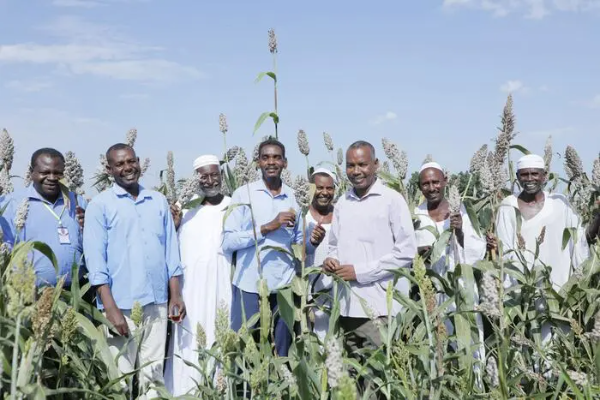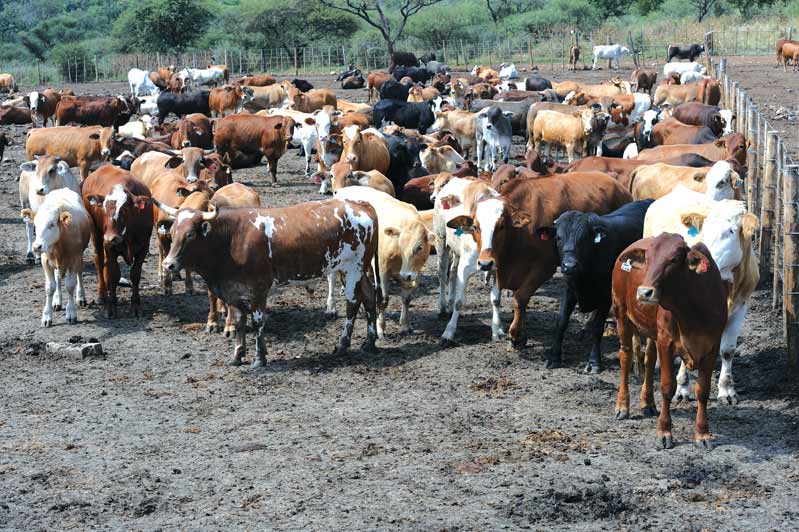
Sudan’s Agriculture Minister, Omer Al-Beshri has ordered modern irrigation companies in the country to dedicate 10 per cent of their land to sorghum production in a bid to curb famine which has been worsened by the ongoing civil conflict.
This come at a time famine was declared, by the United Nation (UN), in a displaced persons camp in North Darfur on August 1, raising alarms about the risk of widespread hunger as the conflict between the army and the Rapid Support Forces (RSF) paramilitary group enters its fifth month.
Omer also instructed regional authorities to provide seeds for the mandated sorghum planting, pointing to RSF incursions into key agricultural regions and the resulting disruption of supply chains.
“The RSF’s encroachment on production areas and the threat to the agricultural season require immediate action,” Al-Beshri stated, according to a government release.
The conflict has halted farming in parts of Al Jazirah and Sennar states, key breadbasket regions where the RSF has taken control of most of the territory. Looting of machinery, fuel shortages, and insecurity have prevented farmers from planting crops.
Ibrahim Mustafa, the governor of the Al Jazirah irrigation project, reported that cultivated land has decreased to 505,000 acres this season, less than half of the initial target of 1.1 million acres. He accused the RSF of destroying irrigation infrastructure, tractors, and other equipment, as well as looting seeds and fertilizers.
The RSF did not immediately respond to a request for comment.
In the White Nile state, another vital agricultural area, there has also been a significant reduction in cultivated land. Yasir Mukhtar, a representative of the regional agriculture ministry, noted that only 1.3 million acres have been planted, far short of the planned 3.3 million acres.







